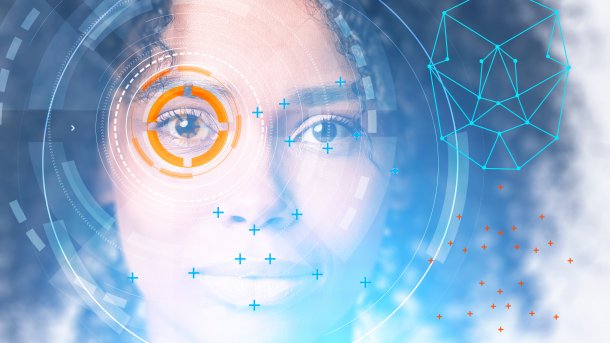Draft law: How surveillance with AI in the workplace is to be restricted
Two ministries have launched a draft for an "Employee Data Act". The automated evaluation of employees is to be permitted.

(Image: ImageFlow/Shutterstock.com)
Federal Minister of Labor Hubertus Heil and his colleague in the Ministry of the Interior, Nancy Faeser (both SPD), want to create "clear regulations" for the automated evaluation of employees and the creation of personality profiles, for example with the help of artificial intelligence (AI), "that prevent comprehensive screening". This is provided for in their joint draft bill for a law "to strengthen the fair handling of employee data and for more legal certainty for employers and employees in the digital world of work", which is available online at heise. They want to fulfill a promise from the coalition agreement and longstanding appeals from data protectionists.
According to the paper, the initiative, which still has to pass the cabinet as well as the Bundestag and Bundrat, will create the framework "for modern employee data protection". The aim is to strike a balance between the interests of companies and employees. "Clear, manageable regulations for typical processing situations" should ensure "legal certainty for employers and trust in the use of new technologies among employees".
Increasing transparency for employees
When using AI in the workplace, Heil and Faeser primarily want to increase "transparency for employees through labeling and information obligations". In particular, data processing using automated procedures and profiling are often "associated with deep interventions in informational self-determination". In addition, the way the technology works is often a black box for those affected, but this can lead to important decisions. Increased information obligations are therefore essential in this area. Data protectionists are calling for a ban on profiling.
For the application phase, it should be stipulated which questions employers are allowed to ask and when health examinations or psychological tests are permitted. These would have to meet scientifically recognized standards and be necessary. There are also plans for differentiated regulations on various forms of employee monitoring, such as non-temporary and covert spying, video surveillance and employee tracking. Measures that are always disproportionate, such as longer-term performance monitoring and the shadowing of sanitary facilities and changing rooms, are excluded.
Videos by heise
Limits for video surveillance and tracking
The processing of employee data through video surveillance or for tracking purposes should only be permitted if it is necessary for a specific purpose to carry out the employment relationship, to fulfill the employer's defined obligations or to safeguard important operational or official interests. Relevant measures may only be taken for a short period of time and either on an ad hoc or random basis. Exceptions should be possible "for the prevention of criminal offenses and serious breaches of duty" if there are factual indications of this.
Heil and Faeser want to prohibit the automated emotional recognition of employees and the evaluation of social relationships between employees based on communication data. They also point out that if employee data is processed based on consent, the dependency of employees in the employment relationship and other circumstances must be considered when assessing the voluntariness of such processing.
(vbr)